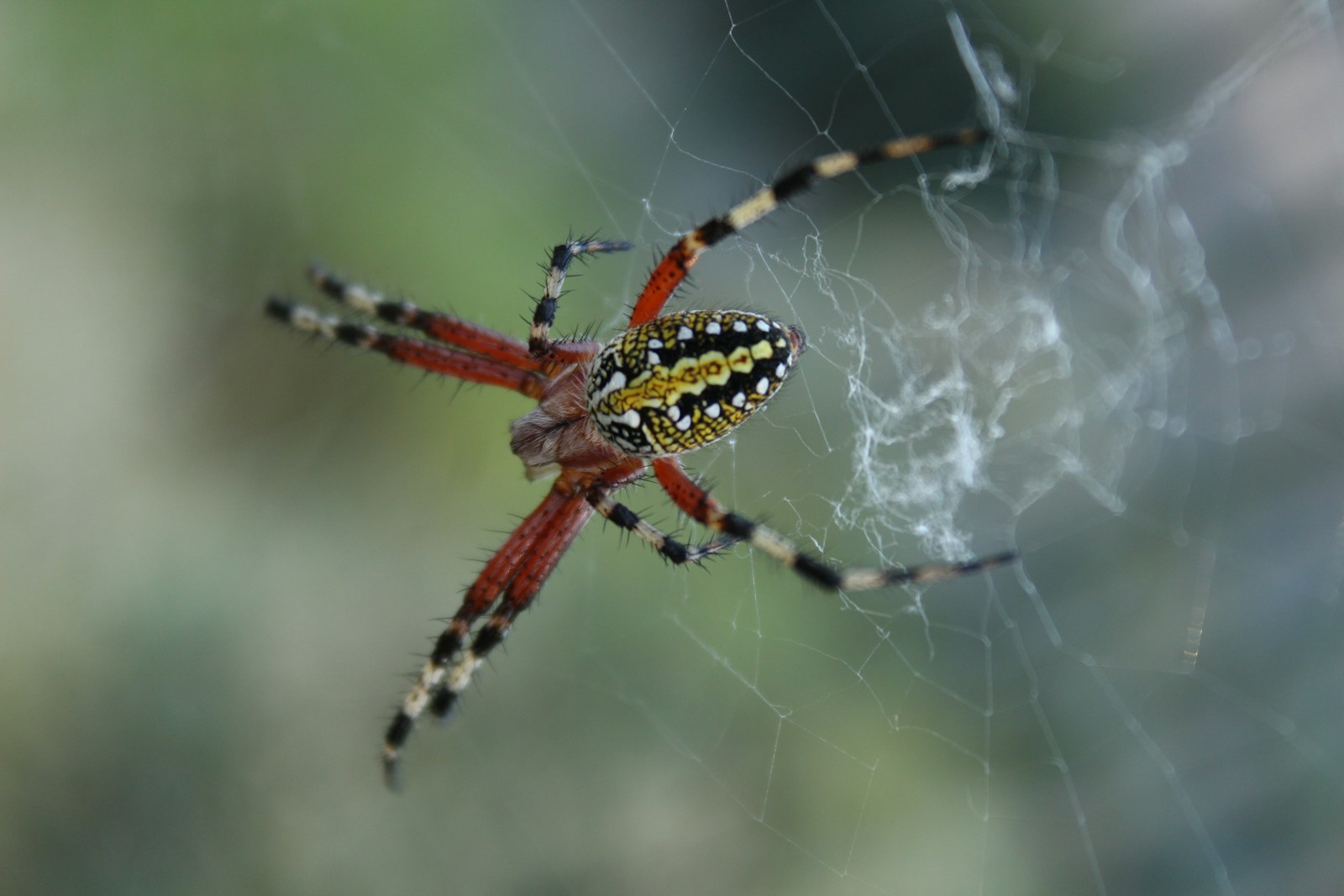
hierba

grass
The Spanish word 'hierba' translates to 'grass' in English. It refers to any plant with leaves, seeds, or flowers used for flavoring, food, medicine, or perfume. It can also convey a broader meaning and include shrubs, vines, trees, mosses, ferns, etc., in certain contexts. It's often used in relation to lawns and the fields on which animals graze, presenting an image of lush greenery.
Example sentences using: hierba
La hierba está mojada por el rocío.

The grass is wet with dew.
This describes the dewy morning condition of grass.
Olor a hierba fresca es agradable.

The smell of fresh grass is nice.
This phrase can be used to express appreciation for nature and outdoor scents.
El camello se alimenta de hierba.

The camel feeds on grass.
This sentence exemplifies the dietary habits of a camel in a non-desert environment.
La hierba crece rápidamente en verano.

The grass grows fast in the summer.
This phrase illustrates how warm, sunny weather is conducive to plant growth.
Viste la hierba cubierta de nieve.

He saw the grass covered in snow.
This sentence paints a picture of a winter scene where the grass is covered by snow.
Cortar la hierba es mi tarea.

Cutting the grass is my task.
This sentence is typically used when discussing household chores.
Hay un insecto en la hierba.

There is a bug in the grass.
This phrase could be used during outdoor observations, particularly in situations like a picnic or nature walk.
Las ovejas comen hierba.

The sheep eat grass.
This sentence demonstrates animals' dietary habits, specifically that of sheep.
La hierba necesita mucha agua.

The grass requires a lot of water.
This phrase is commonly used in discussing the care and maintenance of lawns and gardens.
La hierba está verde en el jardín.

The grass is green in the garden.
This phrase can be used to describe the fresh and green scenery in a garden.